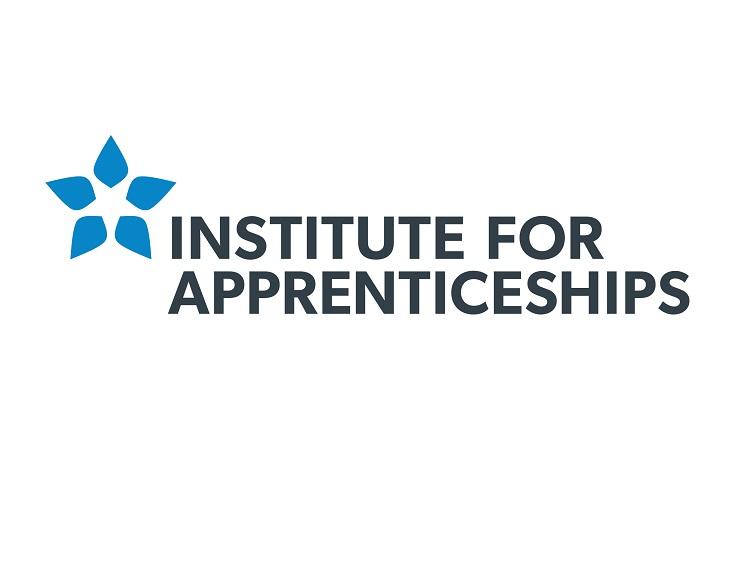Maritime Electrical / Mechanical Mechanic

Reference Number: ST0276
Details of standard
Apprenticeship Standard for: Maritime Electrical / Mechanical Mechanic
The following standard reflects employers’ requirements for the skills, knowledge and behaviours expected from someone to be competent in the job role.
Occupational Profile
Maritime Electrical / Mechanical Mechanics are employed in the Royal Navy and Merchant Navy. The engineering knowledge and skills used in the role can be transferred to other entry level engineering roles in other industries.
Maritime Electrical / Mechanical Mechanics work from engineering drawings, data and documentation in order to undertake the testing, fault diagnosis and maintenance of electrical, mechanical and fluid power equipment on ships and submarines. This can include propulsion machinery, weapons, sensors, reactors and auxiliary systems (such as water, air conditioning, electronic equipment including programmable logic controllers, power generation and distribution).
They have knowledge and expertise in the use of both common and specialist test equipment and hand/ machine tools and the use of a range of measuring and diagnostic equipment processes to ensure system / equipment performance meet the required specification. The Maritime Electrical / Mechanical Mechanic must comply with statutory regulations and organisational safety requirements and will be expected to work both individually and as part of a team.
Maritime Electrical / Mechanical Mechanics will typically work in either the Royal Navy as a Marine Engineer or Weapons Engineer, or the Royal Fleet Auxiliary or Merchant Navy as a Motorman. They will be responsible for completing daily rounds and checking machinery to ensure the ship remains operational. They will learn to maintain and operate some of the most cutting-edge equipment on the planet and become familiar with a variety of sophisticated mechanical systems. They will form part of a team of Mechanics responsible to the Chief Engineer, for the maintenance and fault diagnosis of all the ships machinery and support systems. They will use their natural aptitude for fixing things, on a massive scale. That might mean working on anything from a propulsion system to a water purifying plant. They will be trained to be able to work with minimum supervision, taking responsibility for the quality and accuracy of the work they undertake.
Typical Job Titles
Within the Royal Navy:
- Marine Engineer
- Weapons Engineer
- Motorman/ Motorhand (Royal Fleet auxiliary)
Within the Merchant Navy:
- Motorman/ Motorhand
- Marine Engineer
Essential Occupation Requirements – Knowledge
The Maritime Electrical / Mechanical Mechanic will require a comprehensive understanding of:
- Mathematical techniques, formula and calculation appropriate to their role.
- Electrical, mechanical, pneumatic and fluid power engineering technology and principles.
- The basic operation and maintenance of mechanical and electrical equipment and systems used on board vessels.
- Correct selection and use of electrical and mechanical hand tools and test equipment.
- Quality, safety, health and environment regulations.
- Entry procedures and precautions for confined spaces.
- And a basic knowledge of material, fluid and lubricants utilised in the maintenance of equipment.
Essential occupation requirements – Skills
- Comply with quality, safety, health and environmental regulations.
- Read, analyse and interpret engineering data, drawings and documentation used in the operation and maintenance procedures.
- Use hand and power tools to measure, mark out, cut, drill, shape and finish components to the required engineering tolerances.
- Assembly, removal, maintenance and overhaul components, equipment and systems.
- Apply assembly and installation methods and techniques (such as mechanical fasteners, terminations, connectors, seals, gaskets, and jointing materials).
- Undertake testing, inspection and diagnostic activities on components, equipment and systems, making adjustments where applicable.
- Comply with correct entry procedures and precautions for confined spaces.
Employee Behaviours
Modern Engineering organisations require their employees to have a set of behaviours that will ensure success both in their role and in the overall company objectives. The required behaviours are:
- Health, Safety and Environment: follow safe working practices, committed to their own and their colleagues wellbeing/fatigue at work and the precautions to prevent pollution of the marine and wider environment
- Strong work ethic: motivated; proactive; committed
- Dependability and responsibility: punctual; reliable at all times especially for watch keeping and other duties.
- Positive attitude: constructive thinking; optimism; motivated to succeed
- Team player: able to work and interact effectively within a team and committed to equality, diversity and respect for other cultures.
- Effective communication: spoken; listening; body language; presentation; written
- Adaptability: able to adjust to change including the use of shared facilities.
- Honesty and integrity: truthful; sincere and ethical
- Self-motivation: self-starter; able to make independent decisions & lead own career development
- Personal commitment: prepared to make a personal commitment and comply to the company rules and procedures.
Entry
Individual employers will set the selection criteria for their apprenticeships.
Duration of Apprenticeship
Typically 18 to 24 months.
Qualifications and Development
The following qualifications will be awarded and will be available for delivery from Feb 18:
- Level 2 Diploma in Maritime Electrical / Mechanical Mechanics (Competence)
- Level 2 Diploma in Maritime Electrical / Mechanical Mechanics (Knowledge)
Proposed details of the Qualifications
| Title | Level | Size (GLH) | Approval Cat | Type/Purpose | Ofqual / Number |
|
Level 2 Diploma in Maritime Electrical / Mechanical Mechanics (Competence) |
2 |
TBC |
Hard Sift – employers unlikely to employee anyone without the qualification |
Occupational Competence |
TBC |
|
Level 2 Diploma in Maritime Electrical / Mechanical Mechanics (Knowledge) |
2 |
TBC |
Hard Sift – employers unlikely to employee anyone without the qualification |
Off the job Technical qualification |
TBC |
Level
This apprenticeship standard is at Level 2.
Review date
This apprenticeship standard will be reviewed after 3 years.
Progression
Apprentices may progress to Mechanical and Electrical Maritime Fitter at level 3.
Crown copyright © 2017. You may re-use this information (not including logos) free of charge in any format or medium, under the terms of the Open Government Licence. Visit www.nationalarchives.gov.uk/doc/open-government-licence











Responses